254 SMO Weld Neck Flanges,A182 F44 Weld Neck Flanges,UNS S31254 Weld Neck Flanges,254 SMO Pipe Flanges,A182 F44 Pipe Flanges,UNS S31254 Pipe Flanges,254 SMO Blind Flanges,A182 F44 Blind Flanges,UNS S31254 Blind Flanges,254 SMO Slip On Flanges,A182 F44 Slip On Flanges,UNS S31254Slip On Flanges |

254 SMO is a high alloy corrosion-resistant steel, also known as UNS S31254. It is composed of alloys containing a high proportion of elements such as chromium, nickel, molybdenum, and nitrogen, and has excellent corrosion resistance and mechanical properties. 254 SMO Flanges is a flange made of 254SMO material, usually used in special industrial fields that require high corrosion resistance.
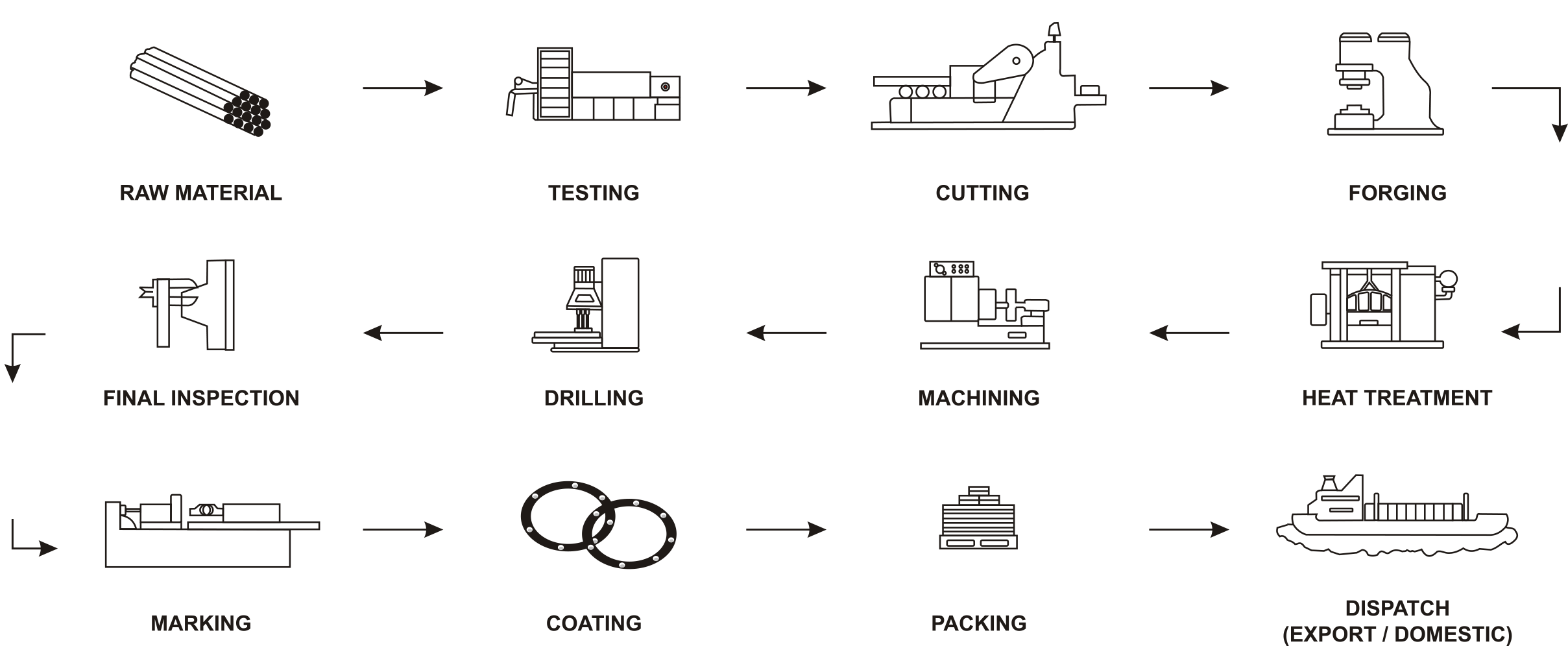
The following are some characteristics and application areas of 254 SMO Flanges:
1. Corrosion resistance: 254SMO has excellent corrosion resistance, especially in acidic media, high chloride ion environments, and high-temperature environments. Therefore, 254 SMO Flanges are widely used in fields such as chemical, petroleum, and marine engineering, especially in critical equipment and pipeline connections in corrosive media.
254 SMO Flanges Tensile Properties Testing
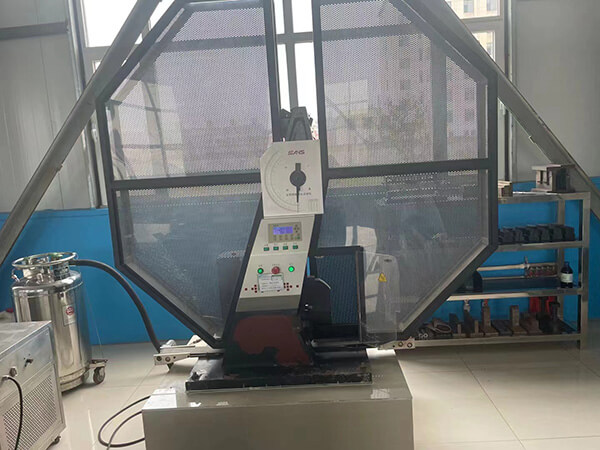
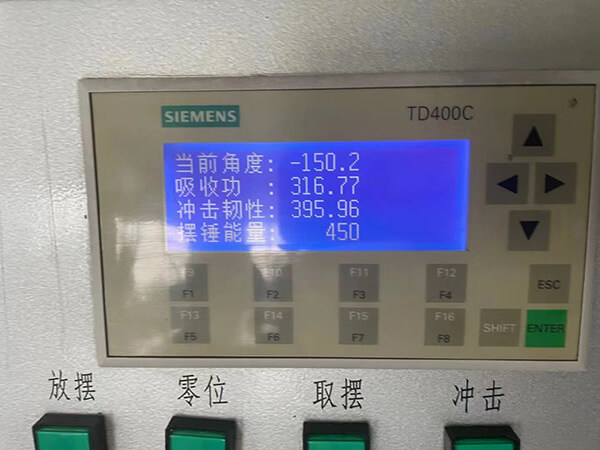
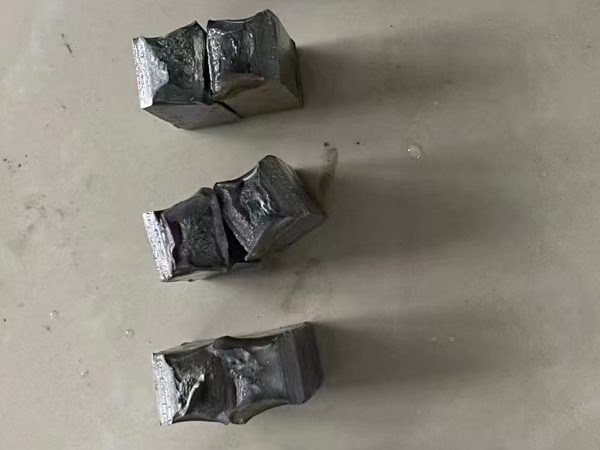
2. Mechanical properties: 254SMO has excellent mechanical properties, including high strength, good impact toughness, and ductility. This makes the 254 SMO Flanges have good durability in high temperature and high stress environments.
3. High temperature performance: The 254 SMO Flanges has good thermal stability and creep resistance in high temperature environments, and is suitable for connecting pipelines and equipment at high temperatures.
4. Application field: The 254 SMO Flanges is widely used in fields such as petroleum, chemical engineering, ocean engineering, papermaking, food processing, etc., especially in situations with high requirements for corrosion resistance, such as seawater treatment equipment, acidic medium storage tanks, oil and natural gas pipelines, etc.
Heat treatment of 254 SMO Flanges
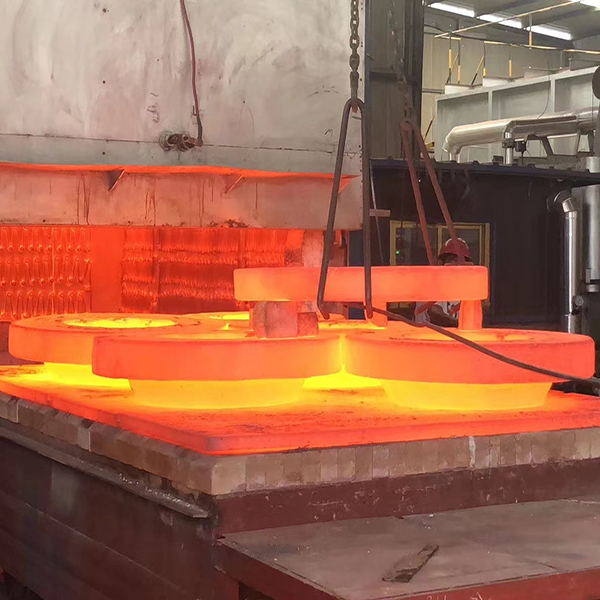
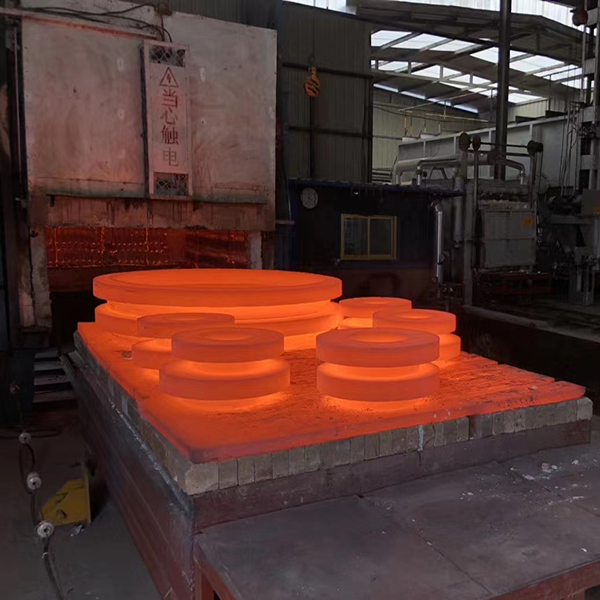
254 SMO Flanges Chemical Composition
| Grade | C | Mn | Si | Cu | S | P | Mo | Ni | Cr |
| SMO 254 | 0.02 | 1 | 0.08 | 0.5-1.0 | 0.01 | 0.03 | 6.0-6.5 | 17.5-18.5 | 19.5-20.5 |
254 SMO Flanges Mechanical Properties
| Density | Melting Point | Tensile Strength | Yield Strength (0.2%Offset) | Elongation |
| 8 g/cm3 | 1320-1390 ℃ | 650 | 300 | 35 % |
Equivalent Grades for 254 SMO Flanges
| STANDARD | WERKSTOFF NR. | UNS | SIS | BS | GOST | AFNOR | EN |
| 254 SMO | 1.4547 | S31254 | 2378 | – | – | Z1 CNDU 20.18.06Az | X1CrNiMoCuN20-18-7 |
The 254 SMO Flanges has good resistance to intergranular corrosion, but its material performance can still be evaluated through intergranular corrosion testing.
A commonly used method for intergranular corrosion testing is based on ASTM standard A262. The following are the general steps for intergranular corrosion testing:
1. Sample preparation: Prepare appropriately sized samples, usually rectangular billets, from the 254 SMO Flanges material.
2. Cleaning treatment: Use appropriate cleaning agents and methods, such as acid washing, alkali washing, or ultrasonic cleaning, to clean the surface of the sample thoroughly to remove possible pollutants and surface oxidation layers.
3. Welding preparation (optional): If it is necessary to evaluate the intergranular corrosion performance of the welded joint, the sample can be welded, and then the welding area can be treated, such as heat treatment or prompt welding.
4. Intergranular corrosion test: According to ASTM A262 standard, expose the sample to certain temperature and time conditions using appropriate reagents (such as acid solution or other chemical reagents) to promote intergranular corrosion. Common test conditions include heating test, ammonium sulfate solution corrosion test (Method A), nitrite solution corrosion test (Method E), etc.
5. Evaluation and analysis: After the experiment is completed, observe and evaluate the sample to check for intergranular corrosion. Common evaluation methods include crack detection, metallographic microscopy observation, corrosion degree evaluation, etc.
It should be noted that the results of intergranular corrosion tests are influenced by various factors, including test conditions, reagent concentration, sample treatment, and evaluation methods. Therefore, when conducting intergranular corrosion tests, appropriate methods and conditions should be selected based on specific requirements and practical application situations, and relevant material standards should be referred to for operation. At the same time, it is recommended to conduct sufficient material performance evaluation and practical application testing before practical application to ensure that the requirements and expected corrosion performance are met.
254 SMO Flanges packaging and delivery
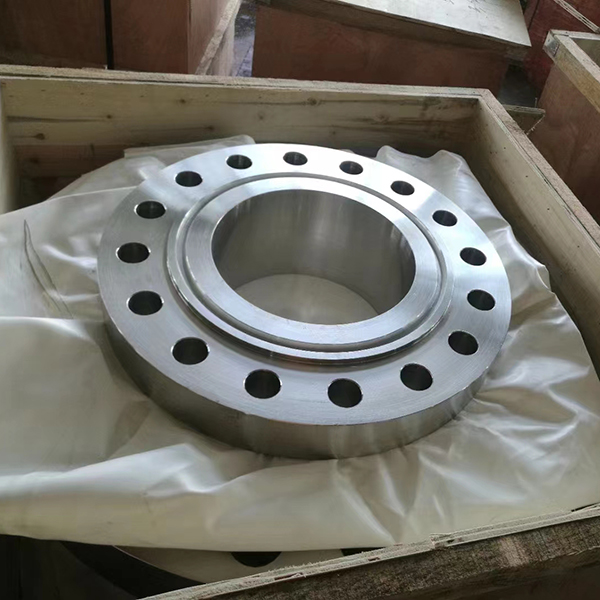
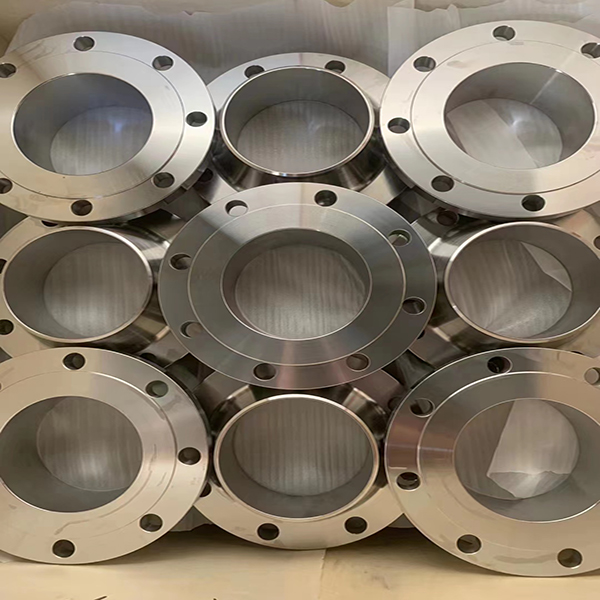
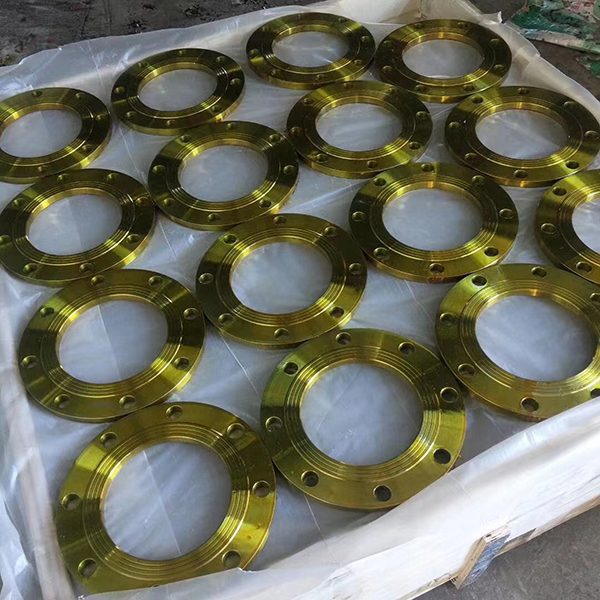
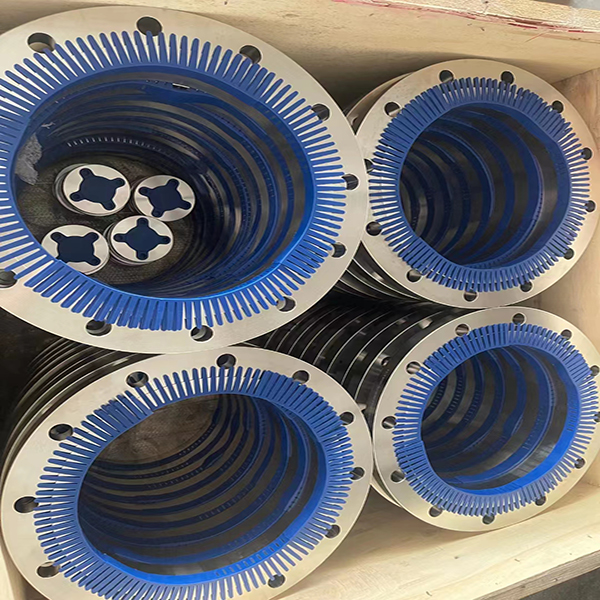
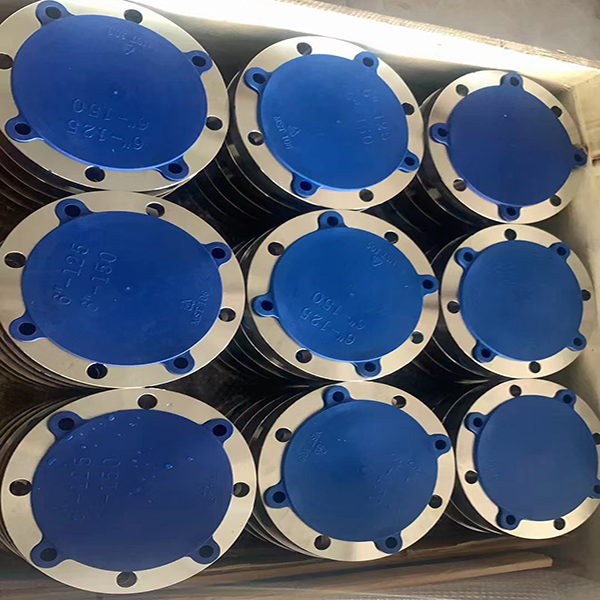
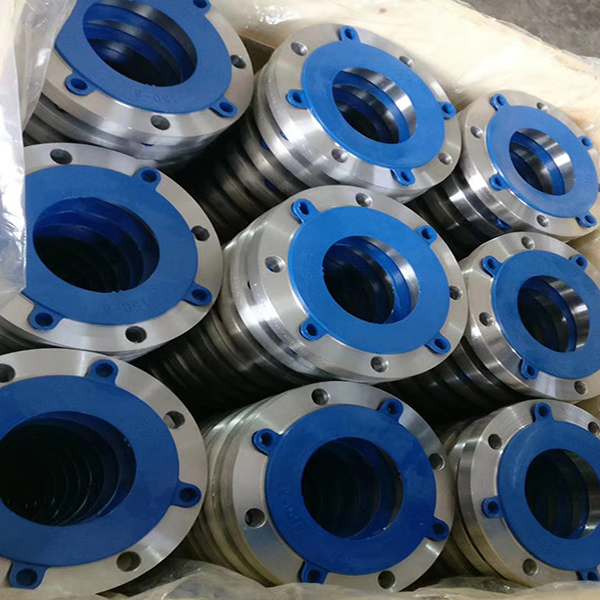
When using 254 SMO flanges, appropriate flange models, specifications, and connection methods should be selected based on the specific working environment and requirements, and relevant standards and specifications should be followed for installation and use. In addition, regular maintenance and testing are also important measures to ensure the performance and lifespan of the 254SMO flanges.


